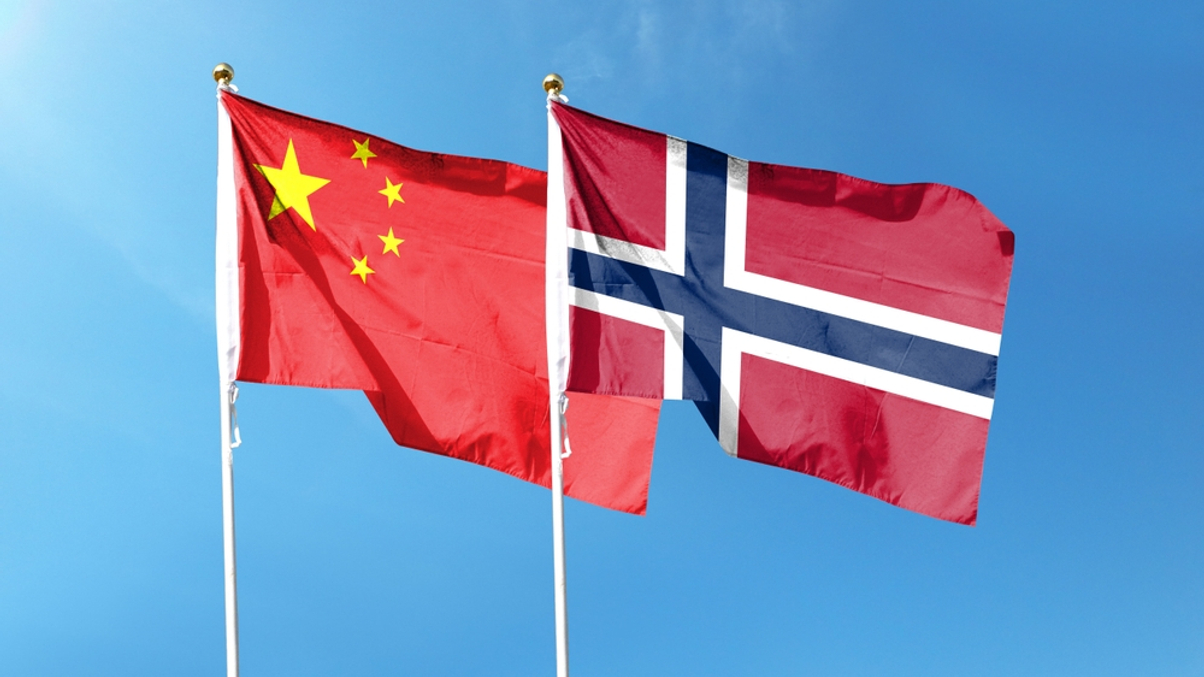Norway SWF to shut China office, sees Singapore as 'recruiting hub'
Norway's $1.4 trillion sovereign wealth fund, one of the largest in the world, becomes the latest to shut down its China office, moving its Asian operational functions to Singapore.

Norway's Government Pension Fund Global, the world's largest sovereign wealth fund (SWF), has begun winding down operations at its China representative office in Shanghai.
Sign in to read on!
Registered users get 2 free articles in 30 days.
Subscribers have full unlimited access to AsianInvestor
Not signed up? New users get 2 free articles per month, plus a 7-day unlimited free trial.
¬ Haymarket Media Limited. All rights reserved.


